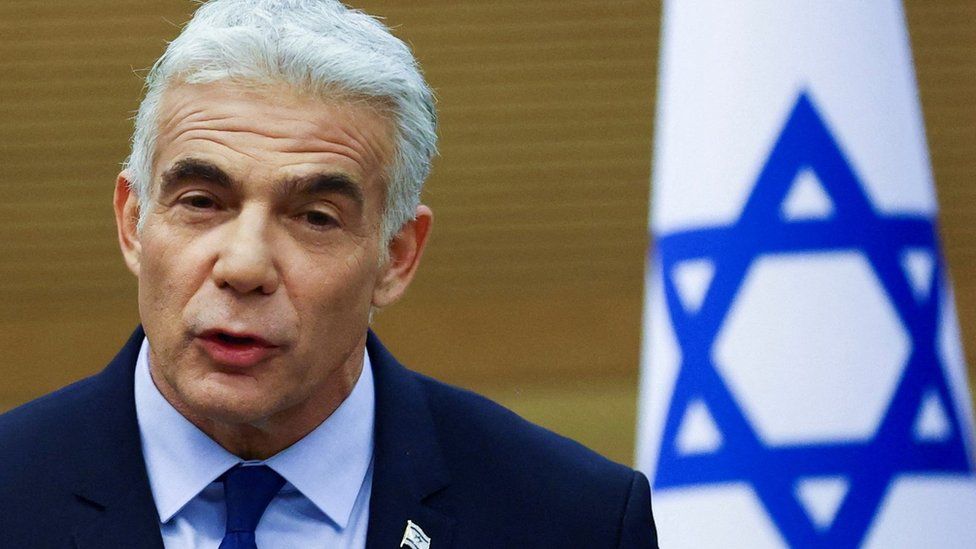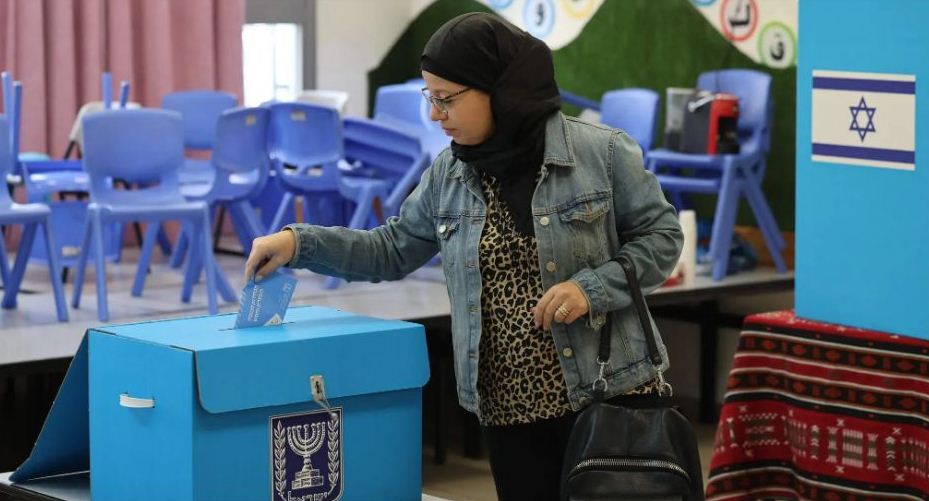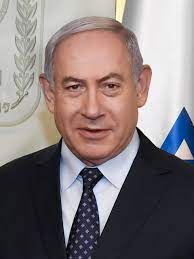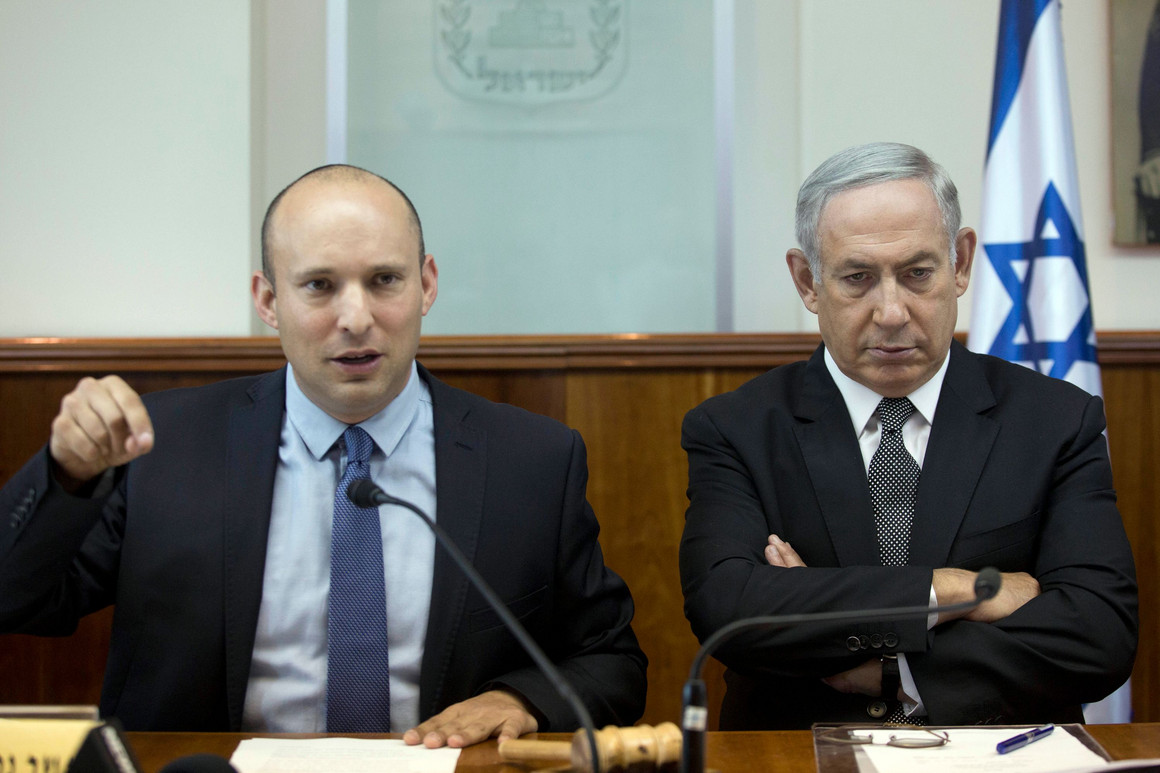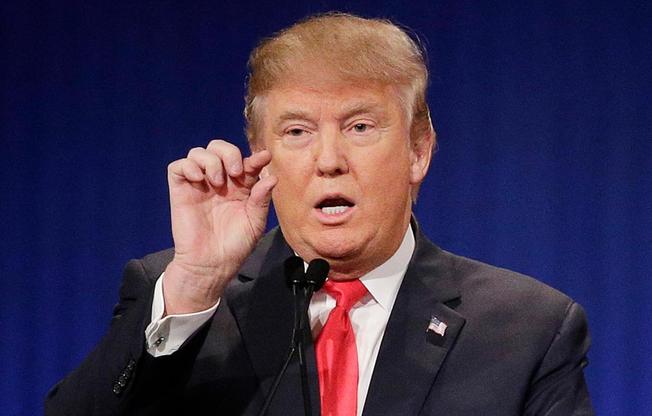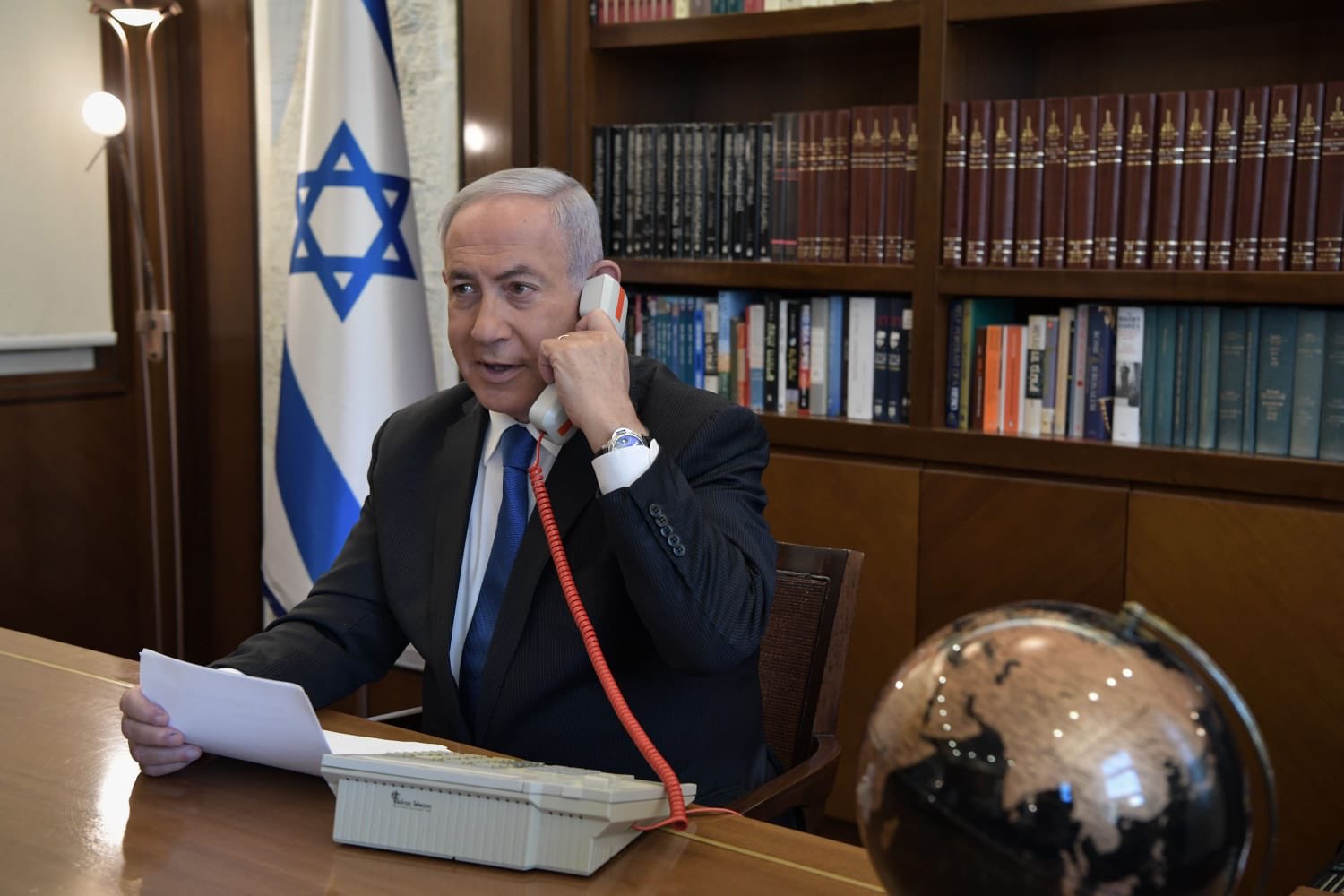I EXPECTED a backlash when on February 3, 2023, I published a piece: “Recreating the Holocaust in their own image.” It came as expected. The various reactions reinforce my position that our world can be a far better place if only otherwise decent humans would not rationalise evil. But it is quite easy to rationalise criminality, if you are not the victim. To such decent people, I usually say, please put yourself in the position of the victim and see whether you will still hold the same position. But such a plea is usually a tall order as many seem set in their ways, are socially or religiously indoctrinated. It can be explosive, potentially dangerous or almost impossible to ask somebody who holds religious beliefs on a matter, to rethink his position.
Sure, there were many who supported my simple act of drawing attention to the issues in the Palestine, especially the on-going genocide and calling for a resolution in favour of a two-state solution in which Israel and the Palestine will live in secured borders, in peace and raise their families as good neigbours. The famous African novelist, Chinua Achebe wrote: “Let the kite perch and let the eagle perch too – If one says no to the other, let his wing break.”
There are people I will not waste my time explaining matters to for they are far gone in their ways or are direct beneficiaries of evil. For instance, why would I waste precious time and space trying to persuade Israeli Prime Minister Benjamin Netanyahu to stop his philistine or Nazist approach of genocide to the Palestinian issue when that is his political oxygen? Why would Netanyahu allow peace when violence which he calls ‘security’ is the bait he uses to fish in Israeli political waters? Today, it is this criminal tactics that may save him and his wife, Sara, from going to jail having been indicted over three years ago, on charges of bribery, fraud and breach of trust.
However, there are decent people I feel obliged to take up issues with since there is a chance they can rethink their ways and work for a better humanity. I will restrict myself to reactions on an international platform I belong to but will not mention names because I have not sought their permission to do so.
One measured response was: “Using terms like genocide and extermination is so far from the truth that it amounts to slander.” This line of thinking continued: “What’s going on between Israel and the Palestinians isn’t genocide. It’s more complicated than that. Yes, you’re right about Israeli displacement going on there. But it’s nothing on a massive scale like what happened in other places in the region… that caused more casualties and destruction…”
A grave mistake in this type of analysis is that it assumes that genocide is based on the number of casualties, not the act itself. The Oxford Dictionary defines genocide as “the deliberate killing of a large number of people from a particular nation or ethnic group with the aim of destroying that nation or group.”
It does not make sense to wait until a people are wiped out before we agree there is genocide. The French slaughter of about two million Algerians in order to stop that country’s independence and assimilate it, is no less a genocide than the Nazis massacre of six million Jews or the Belgian slaughter of 15 million Congolese. The first genocide of the 20th Century involved 100,000 persons in Namibia. But it was a genocide because the Germans exterminated over 60,000 of the total 80,000 Herero people; that was eliminating 80 per cent of the people. It also killed over 10,000 of the Nama people. That figure may seem ‘small’ but it was 50 per cent of the Nama people.
In contrasting the Turkish genocide against the Armenians, he sought to rationalise it thus: “The difference with Israel is that it is also about its security. It’s a small country that also feels threatened. Much of what they have been doing in the last 75 years of their existence is out of security.” Incredible! So Israel wants security, but denies security for its Palestinian neigbours? The truth is that both peoples need security and one cannot be secured by denying the other security.
On the continued theft of Palestinian lands, including East Jerusalem which has seen Israeli illegal settlements increase from 115, 700 in the 1993 Peace Accords to over 350,000 within 20 years, a rationalisation is provided: “They want to split the Palestinian lands in the West Bank with Israeli settlements in between because it also prevents any future Palestinian state from consolidating and be possibly a threat.” So, the plan is to deny the Palestinians a country in their indigenous homestead.
While Israel brings foreigners, mainly Europeans to settle, it denies Palestinians forced abroad, their right to return home. A people who cried for centuries for a homeland, should not deprive other people a homeland which is what Israel is doing.
The current Israeli State is quite simply an European enclave. What Europeans did was to create a new country in the Middle East in the name of Israel and systematically nibble Palestinian lands by creating illegal settlements, hoping in the nearest future to make the indigenous people landless.
Doubtlessly, Israel has fought and defeated big armies but only the uncritical will ascribe this to spiritual reasons and the belief that Israelis are “God’s Chosen People”. The truth is that all humans: Jews and Gentiles, Christians and Muslims, African Traditional religionists and Buddhists, are children of God. So in reality, the Euro-Israelis are God-Choosing people who at the birth of their new state on May 14, 1948 told the indigenous Jewish people that God had done too little in their lives to deserve a mention in the constitution of the new state.
As for Israel’s seeming invisibility in the battle field, more critical minds would look beyond the brilliance of its generals and the ‘spiritual’ to the enormous military and intelligence back up it receives from its mother continent and the United States. For the blind, especially in Africa who think the current Israeli state is the fulfillment of God’s promise, they need to think again because Israel is not a Christian state. Indeed, nearly all those who created the current state of Israel, were atheists. These included its founding father, David Ben-Gurion and former Prime Ministers Moshe Dayan and Golda Meir. We need to build peace in the Palestine, a land where three great religions: Judaism, Christianity and Islam meet. We need a new world in which all are born free and equal.

